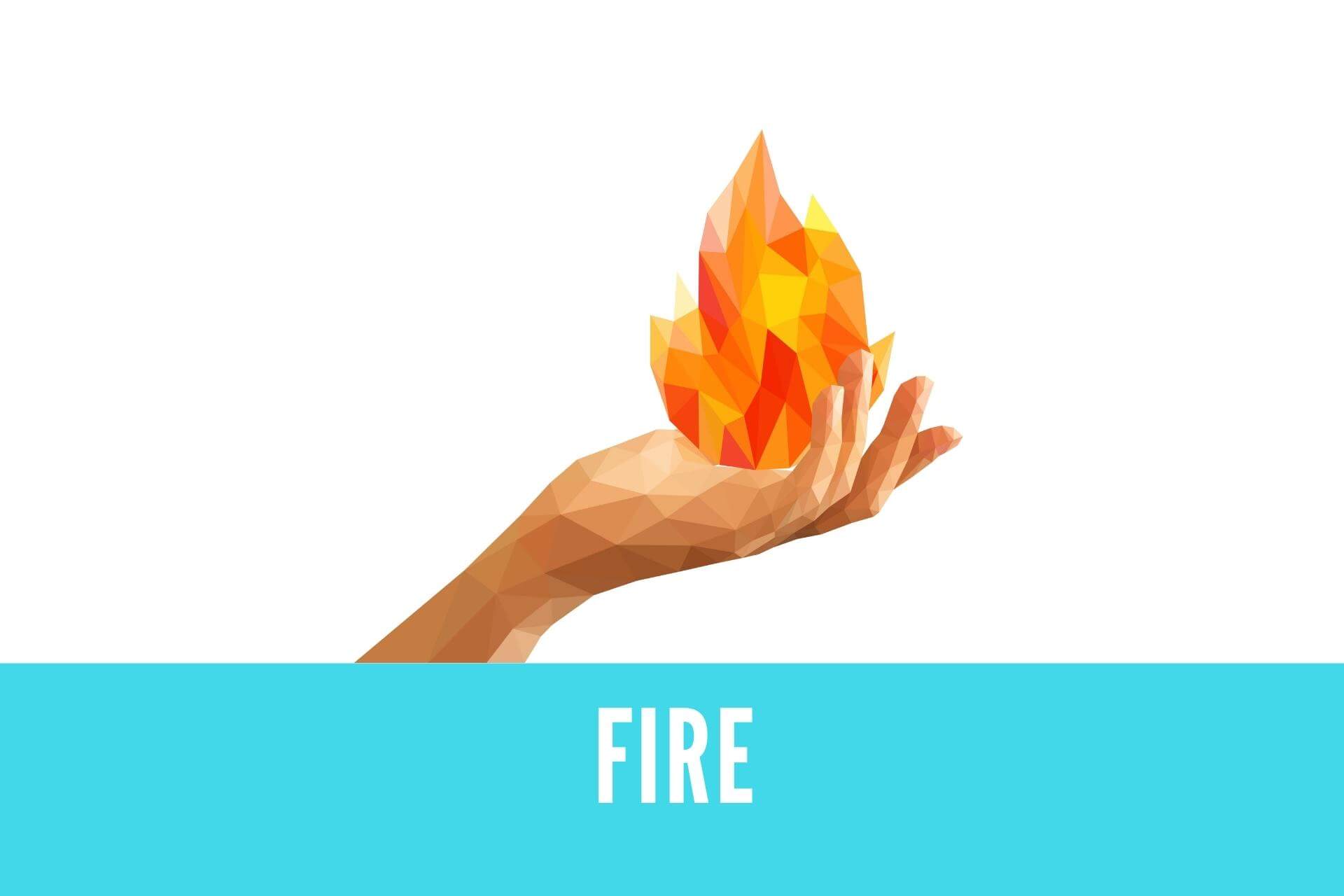【英語】教科の名前(Subjects) Answer Key

こちらは、「Subjects」のAnswer Keyです。
インプットできたら、フラッシュカードへどうぞ。
- Answer Key
- language【ˈlæŋɡwɪdʒ】
- history【ˈhɪstri】
- geography【dʒiˈɑːɡrəfi】
- law【lɔː】
- math【mæθ】
- economics【ˌekəˈnɑːmɪks】
- science【ˈsaɪəns】
- physics【ˈfɪzɪks】
- biology【baɪˈɑːlədʒi】
- chemistry【ˈkemɪstri】
- veterinary medicine【ˈvetərəneri ˈmedɪsn】
- medicine【ˈmedɪsn】
- geology【dʒiˈɑːlədʒi】
- engineering【ˌendʒɪˈnɪrɪŋ】
- information technology【ˌɪnfərˌmeɪʃn tekˈnɑːlədʒi】
- architecture【ˈɑːrkɪtektʃər】
- astronomy【əˈstrɑːnəmi】
- psychology【saɪˈkɑːlədʒi】
- philosophy【fəˈlɑːsəfi】
- music【ˈmjuːzɪk】
- drama【ˈdrɑːmə】
- art【ɑːrt】
- physical education【ˌfɪzɪkl edʒuˈkeɪʃn】
- calligraphy【kəˈlɪɡrəfi】
- language【ˈlæŋɡwɪdʒ】
Answer Key
language【ˈlæŋɡwɪdʒ】

:the system of communication in speech and writing that is used by people of a particular country or area
history【ˈhɪstri】

:the study of past events, especially as a subject at school or university
geography【dʒiˈɑːɡrəfi】

:the scientific study of the earth’s surface, physical features, divisions, products, population, etc.
地理
law【lɔː】

:the study of the law as a subject at university, etc.
法学
math【mæθ】
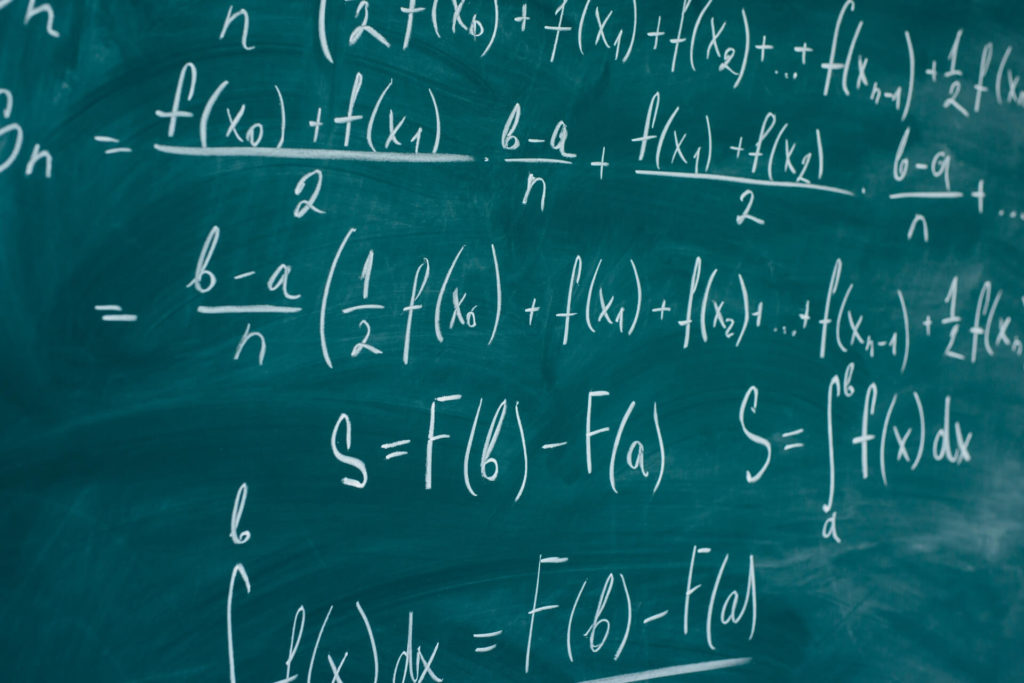
:mathematics, especially as a subject in school
economics【ˌekəˈnɑːmɪks】

:the study of how a society organizes its money, trade and industry
science【ˈsaɪəns】

:knowledge about the structure and behaviour of the natural and physical world, based on facts that you can prove, for example by experiments
physics【ˈfɪzɪks】

:the scientific study of matter and energy and the relationships between them, including the study of forces, heat, light, sound, electricity and the structure of atoms
物理学
biology【baɪˈɑːlədʒi】

:the scientific study of the life and structure of plants and animals
生物学
chemistry【ˈkemɪstri】

:the scientific study of the structure of substances, how they react when combined or in contact with one another, and how they behave under different conditions
化学
veterinary medicine【ˈvetərəneri ˈmedɪsn】

獣医学
medicine【ˈmedɪsn】

:the study and treatment of diseases and injuries
薬学
geology【dʒiˈɑːlədʒi】
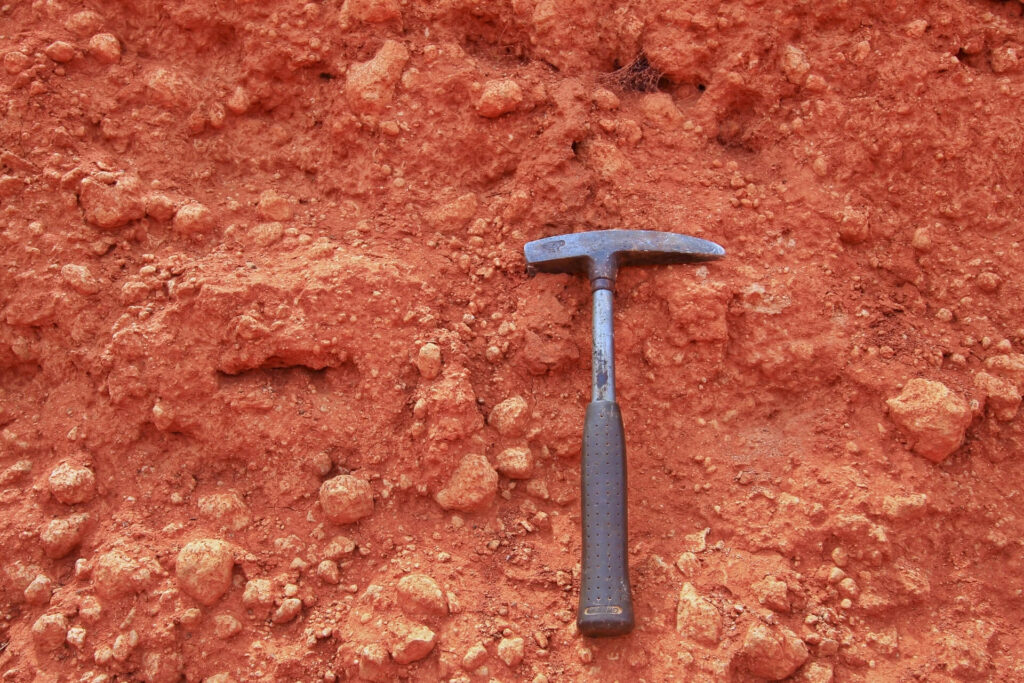
:the scientific study of the physical structure of the earth, including the origin and history of the rocks and soil of which the earth is made
地質学
engineering【ˌendʒɪˈnɪrɪŋ】
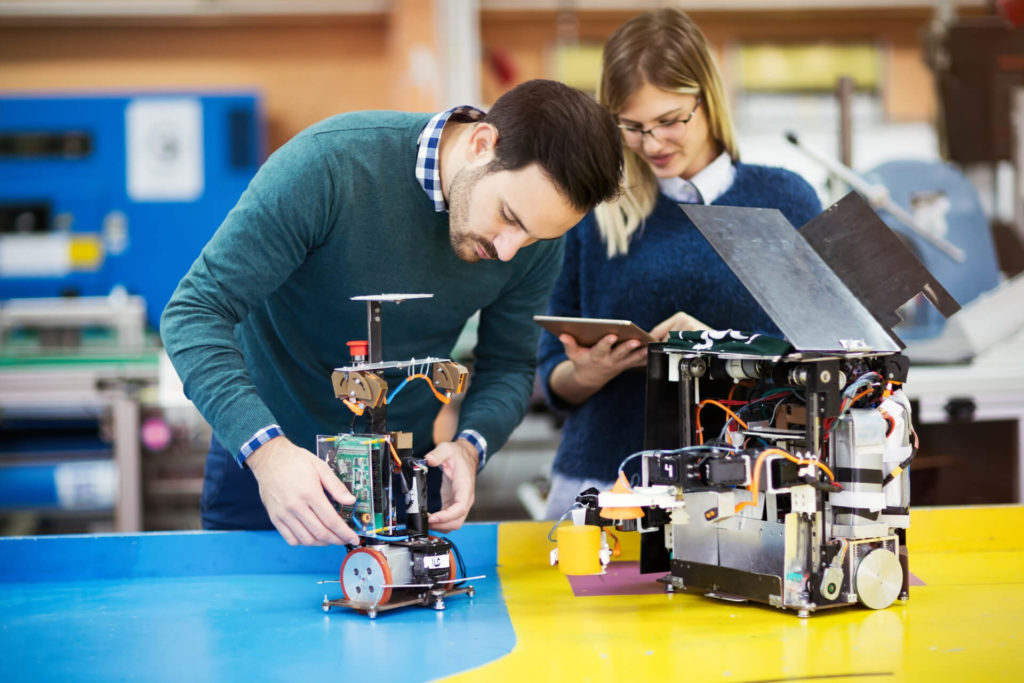
:the activity of applying scientific knowledge to the design, building and control of machines, roads, bridges, electrical equipment, etc.
information technology【ˌɪnfərˌmeɪʃn tekˈnɑːlədʒi】

:the study or use of electronic equipment, especially computers, for storing, accessing, analyzing and sending information
▶︎略して、「IT」とも呼びます。
architecture【ˈɑːrkɪtektʃər】

:the art and study of designing buildings
建築学
astronomy【əˈstrɑːnəmi】

:the scientific study of the sun, moon, stars, planets, etc.
天文学
▶︎【astro(星)】+【nomy(法則)】
psychology【saɪˈkɑːlədʒi】

:the scientific study of the mind and how it influences behaviour
心理学
philosophy【fəˈlɑːsəfi】

:the study of the nature and meaning of the universe and of human life
哲学
music【ˈmjuːzɪk】

:sounds that are arranged in a way that is pleasant or exciting to listen to. People sing music or play it on instruments.
drama【ˈdrɑːmə】

:a play for the theatre, television or radio
演劇
art【ɑːrt】

:the subjects you can study at school or university that are not sciences, such as languages, history or literature
physical education【ˌfɪzɪkl edʒuˈkeɪʃn】

:sport and exercise that is taught in schools
▶︎略して、「PE」とも呼びます。
calligraphy【kəˈlɪɡrəfi】
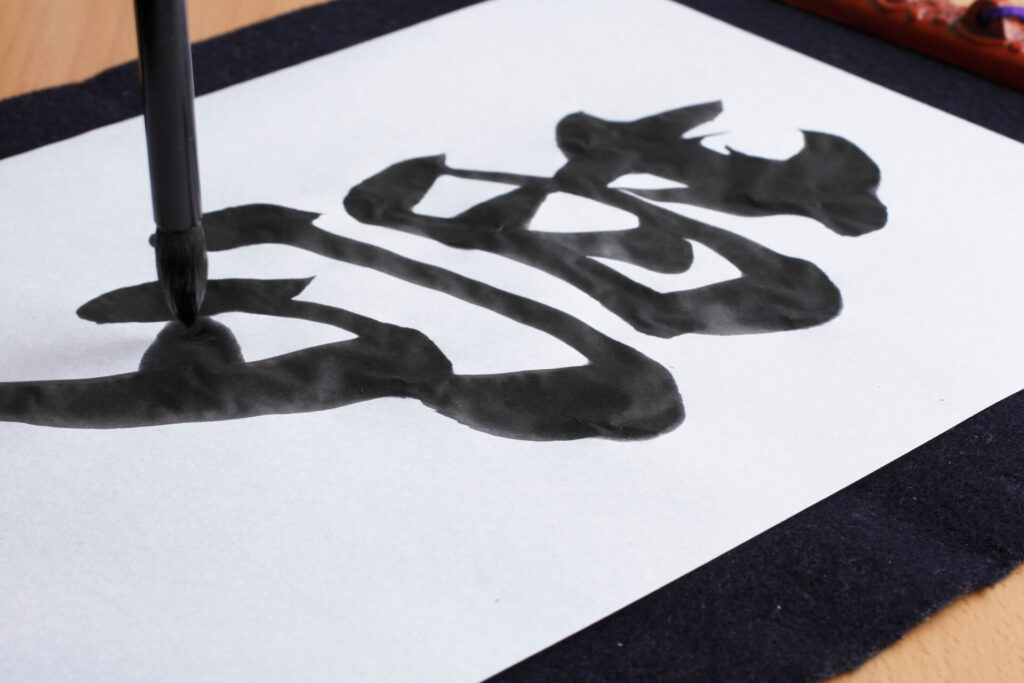
:beautiful handwriting that you do with a special pen or brush; the art of producing this
フラッシュカードで口頭練習
絵を見て、英語が出てくる状態になったら、フラッシュカードへどうぞ。
- 絵と一緒に、発音を聞いて、何度も声に出して覚える。
- ある程度言えるようになったら、フラッシュカードにチャレンジ。




